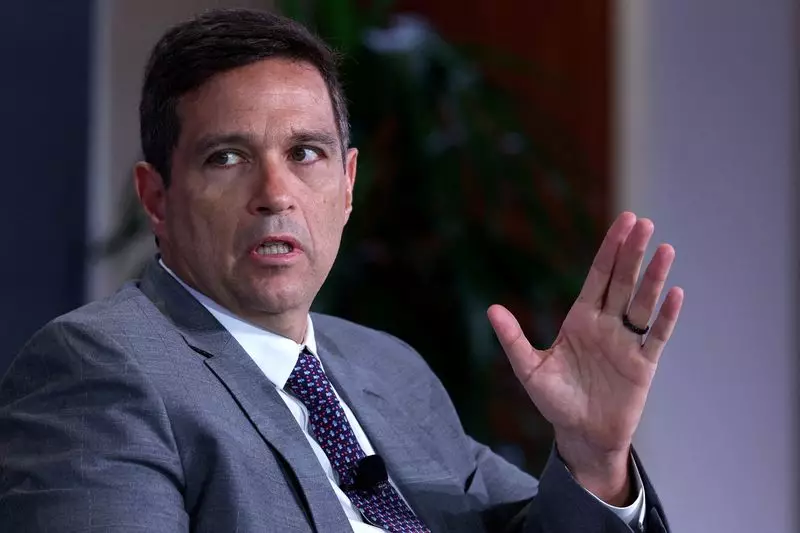The recent volatility in the global financial markets has caught the attention of Brazil’s central bank chief, Roberto Campos Neto. He pointed out that the market may be pricing in less room for fiscal and monetary intervention in the future. This is a significant concern as it suggests that the market expects tighter policy measures going forward.
Campos Neto highlighted the connection between monetary transmissions and fiscal issues. He mentioned that it will become increasingly challenging to discuss monetary policy without also addressing fiscal matters. This indicates a complex interplay between the two policy areas that could impact the effectiveness of any future policy decisions.
Global Economic Impact on Brazil
The central bank chief also expressed concerns about the potential deceleration in China and its impact on Brazil. He mentioned the possibility of a terms of trade shock or lower import prices for Chinese goods affecting Brazil. The net effect of such a slowdown would depend on the magnitude of the decline in economic activity in China.
Policy Uncertainty and Data Dependence
Campos Neto emphasized that there is no set guidance for future policy decisions. He stressed that the central bank’s stance is data-dependent, indicating that policy measures will be based on the evolving economic conditions. This uncertainty adds an element of unpredictability to the central bank’s future policy moves.
The recent uptick in annual inflation in Brazil has raised concerns among policymakers. With inflation drifting further away from the official target of 3%, there is growing pressure on the central bank to take action. Interest rate futures are currently pricing in an over 80% chance of a rate hike next month, reflecting market expectations of tighter monetary policy.
Overall, the recent market volatility and global economic developments have raised significant challenges for Brazilian monetary policy. The central bank faces a delicate balancing act between addressing inflation concerns, managing the impact of external factors, and responding to market expectations. The coming months will be crucial in determining the effectiveness of Brazil’s policy response to these challenges.

